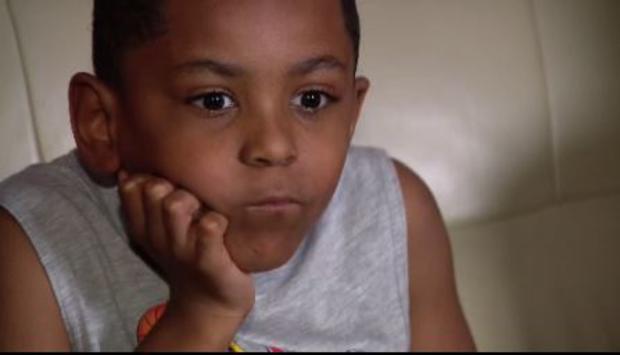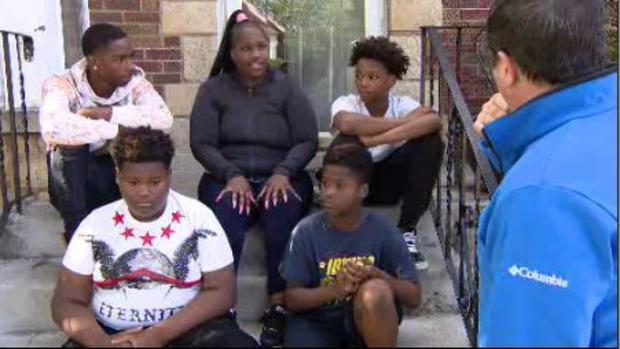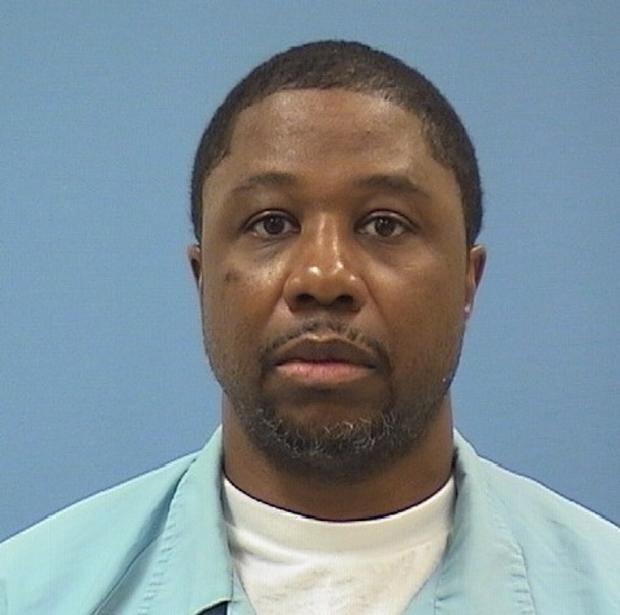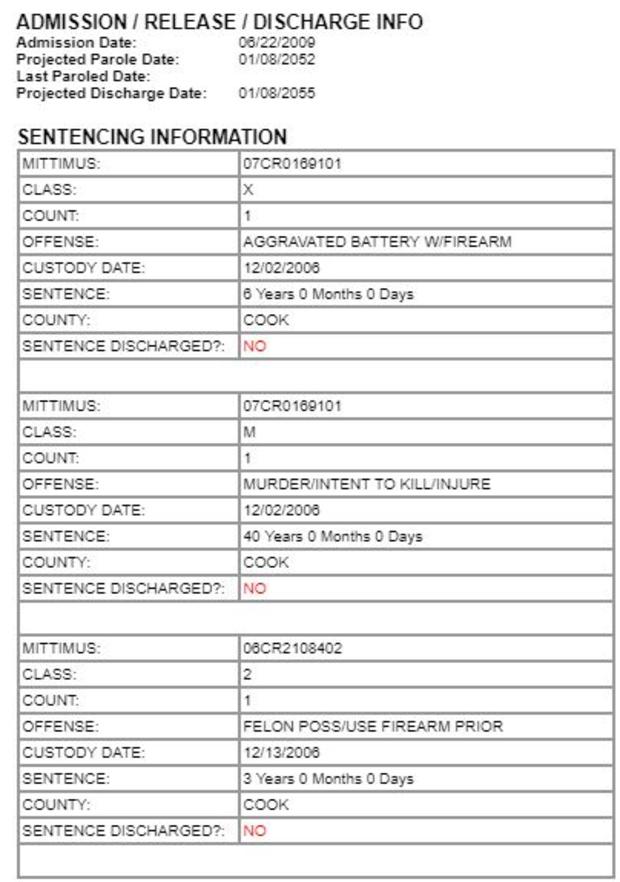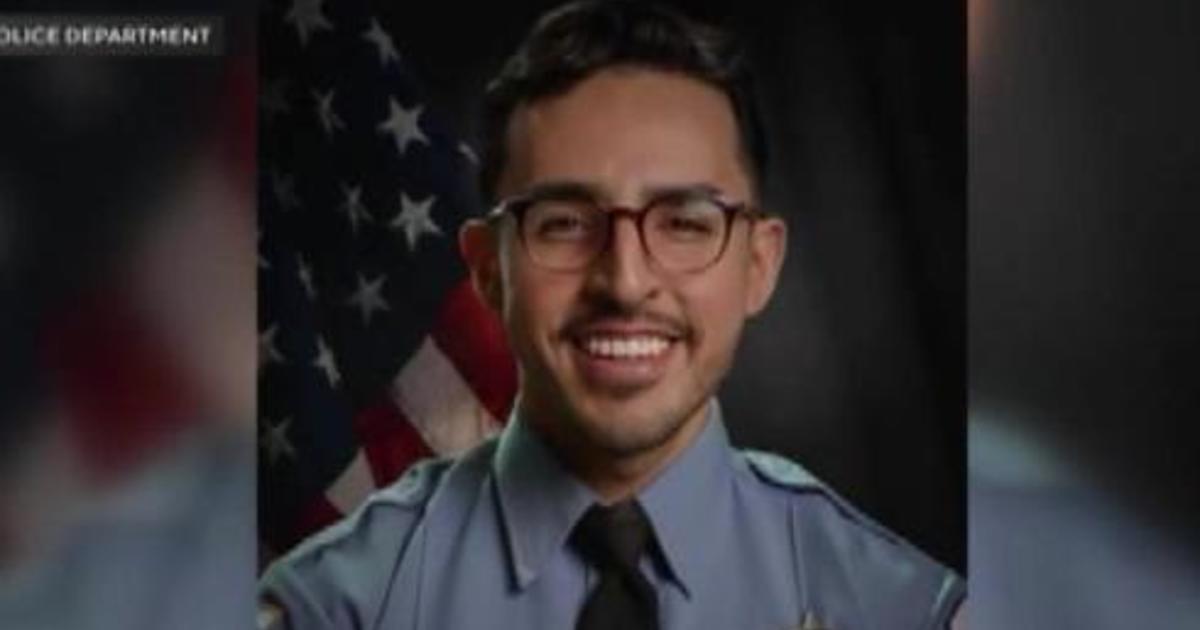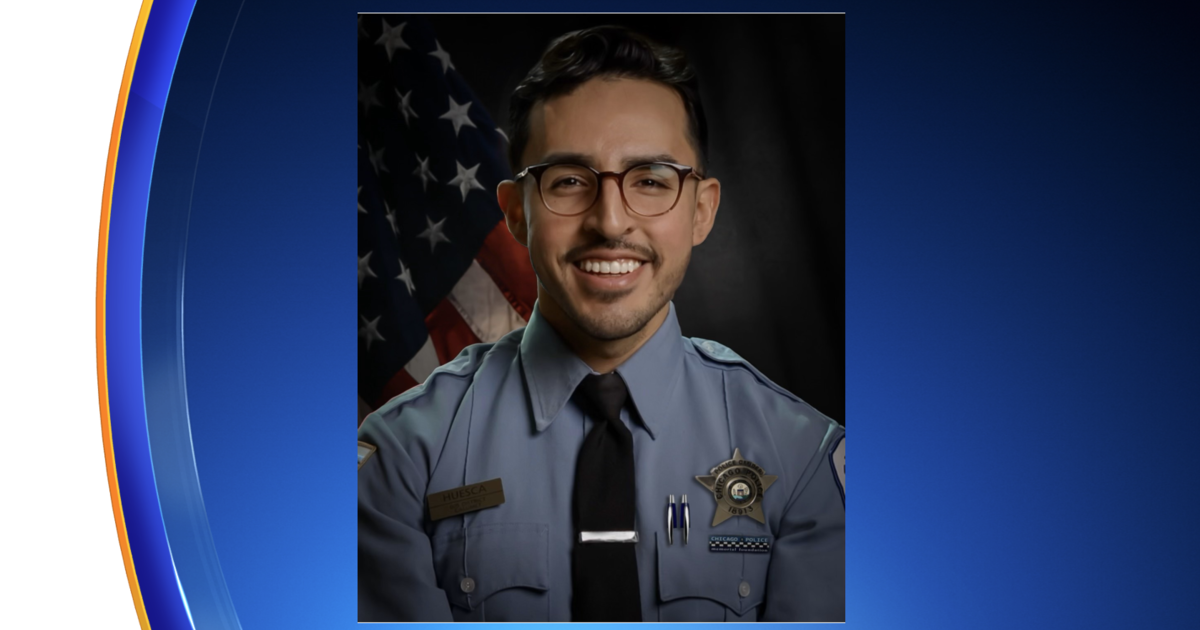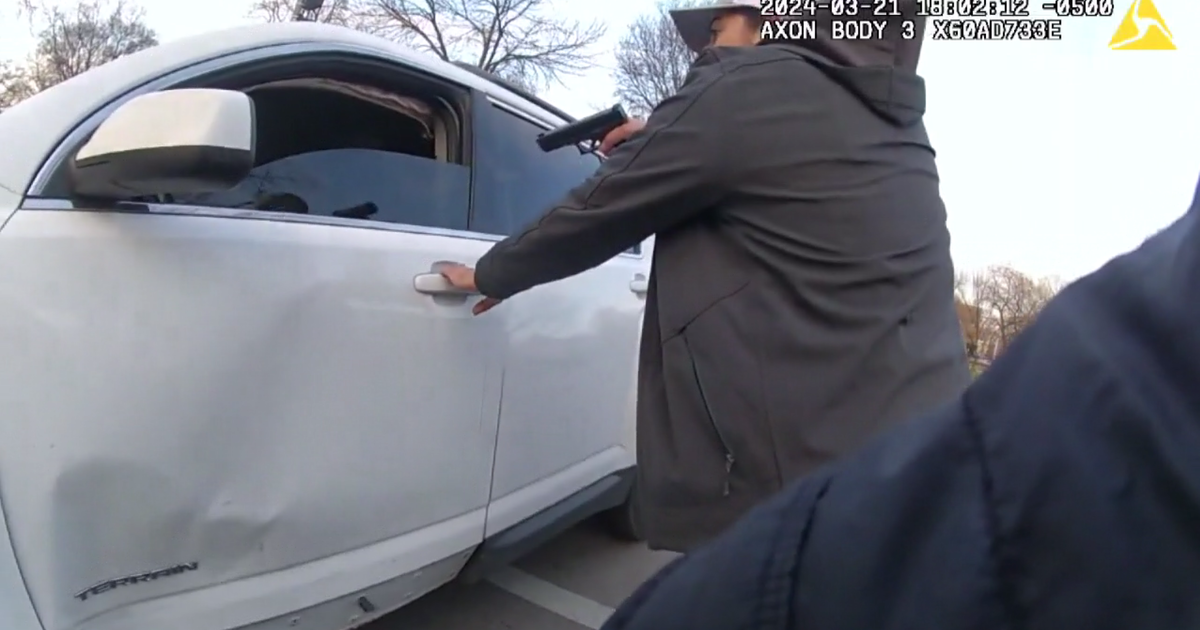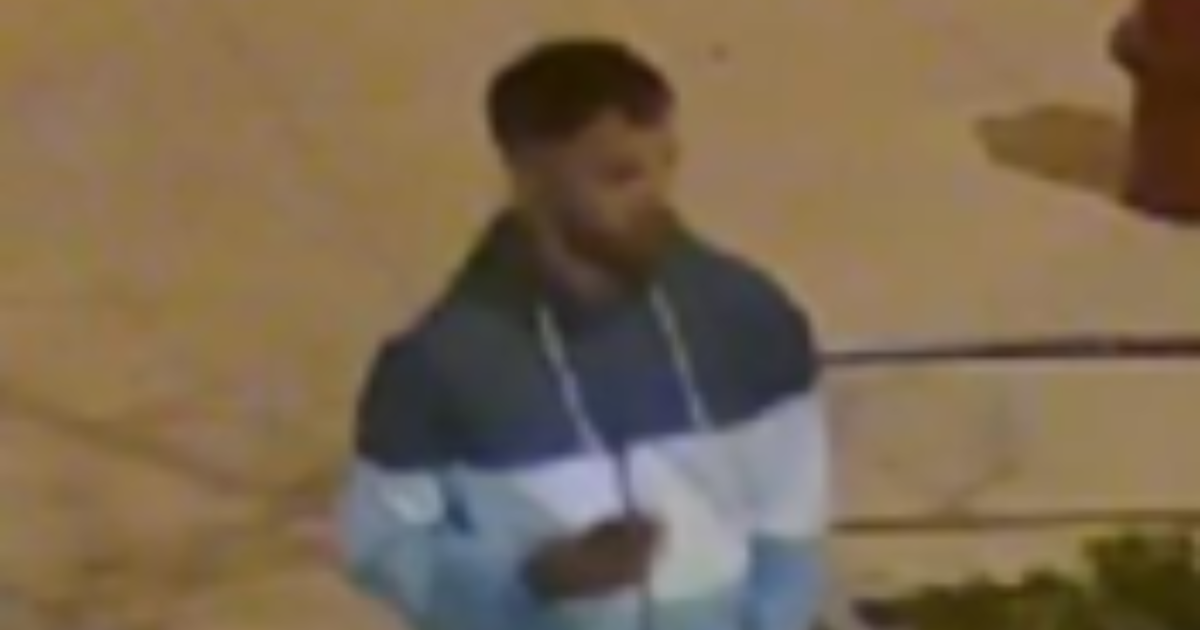Chicago Police Raid Another Wrong Home; Suspect They Were Seeking Was 200 Miles Away
CHICAGO (CBS) -- For nearly a year, CBS 2 Investigators have uncovered a disturbing pattern of Chicago Police officers executing search warrants at the wrong homes based on incorrect or bad information.
The reporting revealed the devastating trauma families across Chicago experienced and a lack of trust in law enforcement left in the wake of these raids.
Body camera footage obtained by CBS 2 and interviews with families revealed allegations of the mistreatment of children, including officers pointing guns at them, handcuffing innocent parents, destroying property and even handcuffing an 8-year-old child. Many of these raids occurred after police failed to take additional steps to verify information provided to them by confidential informants, our reporting found.
In response, Mayor Lori Lightfoot called for reform within the police department, and Chicago Inspector General Joe Ferguson said he launched an investigation – conducting an audit on how police are obtaining and executing search warrants.
[If you believe police have wrongly entered your home, tell us about it here.]
'We can't have this'
Eight-year-old JJ Jackson was playing in his room when he heard a loud bang.
Not long after, he saw Chicago Police officers in his family's first floor apartment. They had busted through the front door with guns in hand, he said.
"They had their finger on the trigger," JJ said.
Police were there to execute a search warrant. But in the midst of the chaos, his 11-year-old sister, Telia, said police pointed guns at them. She was scared JJ was going to be shot.
"I was afraid and confused," Telia said. "I thought something was going to happen to him, and that I wouldn't see him after."
For the third time in just a few months – first in February, then in April and again in May – police raided their family's apartment, search warrant records show.
RELATED: CBS 2 investigation into wrong raids leads to proposed legislation
In the three raids, police sought narcotics and individuals named "Lord," "Peanut" and "Lord T," respectively, based on the information from a confidential informant.
But the individuals did not live at the family's address, nor did the family know them, they said. Police ultimately arrested someone who lived in a different apartment during the first raid.
"Before I could even see where the banging was coming from, I had officers storming into my house with guns pointed in my face," said the children's mother, Krystal Archie. "They're hollering, they're cursing, 'Get the f--k down, get the f--k down.' And here I am, an innocent person."
Her children are among 23 kids who CBS 2 has interviewed. Each of them said they were traumatized by officers who entered their home during a bad raid.
In response to CBS 2's reporting, Mayor Lori Lightfoot committed to working with police leadership to find solutions and change the way officers treat children during police raids.
"We can't have this," Lightfoot said. "What does it mean when we make mistakes, and particularly, when we make mistakes in the way in which we deal with your/our children? That leaves an indelible scar that is very, very difficult to repair."
She also said she raised the issue with Chicago Police Superintendent Eddie Johnson, who has repeatedly refused CBS 2's requests for interviews for nearly a year.
"We are going to dig down, look at these specific instances, see what we can learn from them and try to, as best as we can, not to repeat those kinds of mistakes," Lightfoot said.
Krystal Archie said the incidents left lasting scars on her children -- she's seen the raids impact their focus in school and ability to sleep at night.
"Sometimes when I dream," JJ said, "it goes straight into a nightmare."
When asked for a statement on these three raids, police did not provide one.
Examining police policies
Chicago Inspector General Joe Ferguson said CBS 2's reporting has raised "troubling issues" as to how police warrants are obtained, whether they're being properly vetted and how they're being executed -- especially when children are present.
RELATED: CPD officers raid wrong home, point guns at 9-year-old boy
Ferguson cited a persistent mistrust between the police department and the public, historically, and said these bad raids further it.
"Every one of these incidents is an aggravator and a perpetuator of mistrust that exists," he said. "It really calls for a greater accountability and examination."
His office has initiated an investigation into police policies and methods. This includes examining how the department tracks information on wrong raids, and whether this tracking is done in a complete and accurate way to identify systemic problems.
He said it's critical to find solutions that reduce the negative impact on residents, while also ensuring police can achieve their objectives and ensure their safety.
"That's why it has to be a part of policy, training, pre-raid planning and incredible professionalism in the actual execution," Ferguson said, "so that we remove the children in a way that minimizes the trauma in what is an absolutely trauma-inducing situation."
In November of 2018, Johnson told CBS 2 at a news conference that the department tracks data on how often wrong raids occur. But the depatment has not yet released full and complete data to CBS 2, despite multiple Freedom of Information Act (FOIA) requests in the last 10 months. The data could show how often these incidents happen to Chicago families.
After CBS 2 appealed to the Illinois Attorney General, the police department released a sliver of data that raised even more questions:
- While the Cook County State's Attorney's Office signed off on 11,440 Chicago Police search warrants since 2016, the police department provided data for just 2,708 warrants.
- Police have not explained why they haven't provided the data for the remaining 8,732 warrants. They did say some cases may be have been expunged, but no other details were provided.
- Police did not make an arrest in the majority of search warrants executed in that same time frame. The data they provided showed just 42 arrests.
While police have not yet complied with CBS 2's FOIA request, the Office of the Inspector General, an independent, nonpartisan oversight agency, would have the authority to access and review those records.
"Some of the things you're talking about, very baseline, aggregate numbers, that really is something the department should be gathering in an accurate fashion and should be conducting pattern and trend analysis themselves," Ferguson said. "You've absolutely uncovered a sufficient number of situations that have resulted in really bad outcomes that warrant that broader programmatic examination."
A suspect, 200 miles away
One of these situations involved Chicago resident Jalonda Blassingame.
Seeing CBS 2's reporting brought back memories of what happened to her family in 2015.
She was cooking dinner for her four sons while they were doing homework when she said police threw a flashbang grenade into her home.
"So next thing I know, I just hear banging and bumping. I'm like, what's that noise? I thought someone was breaking into the house," she said. "I thought someone was trying to kill us. It was like, boom!"
Officers told them to get on the ground. The children said officers pointed guns at them.
"I felt scared for my life," said her son Jaden, who was 10 at the time of the raid.
According to the complaint for search warrant, police acted on the word of a confidential informant who told police weekly heroin sales were being made by a man named Derec Bell, known as "Ace," at the address where Blassingame and her children lived then.
But CBS 2 found something else. Bell could not have been selling heroin at that address at that time because he was actually in Galesburg, 200 miles away, at the Hill Correctional Center. He had been incarcerated there for six years.
CBS 2 searched a publicly available database for Bell's most recent address, as well as the Cook County Court docket and Illinois Department of Corrections inmate database. The search quickly revealed Bell is serving a 40-year prison sentence for murder.
Blassingame was shocked when she learned about Bell -- someone she's never met.
"Nobody stays here but me and my boys," she said.
The incident serves as another example where police could have taken additional steps to verify the informant's claims before executing the search warrant.
The complaint said police searched the department's "data warehouse," pulled a photo of Bell to show the informant and searched the address on the Cook County Assessor's office.
"That is about as bare minimum of threshold as you can imagine in most circumstances," Ferguson said, speaking generally.
Police said heroin was seized during the raid, but no one was arrested, and police have not yet complied with a FOIA request for the inventory log that would show what was taken.
You can read CPD's full statement provided to CBS 2 about this incident, here.
[scribd id=418525026 key=key-ugcNMHTTpcSPQCxXzKLJ mode=scroll]
Looking ahead
Attorney Al Hofeld Jr. plans to file a lawsuit Friday on behalf of Krystal Archie and her children.
They're one of multiple families Hofeld Jr. represents in cases of Chicago Police raids alleging mistreatment of children.
"It's horrendous that this 8-year-old little boy should be forced to believe that his sisters are going to be killed because he sees Chicago Police officers pointing guns point blank at them for no reason," Hofeld Jr. said. "And it's going to stay with him probably for the rest of his life."
Krystal Archie said after the three raids, her sense of comfort and security has been lost.
"If the people of authority can't keep me from harm's way," she said, "who are we supposed to look to?"
Ferguson said after his office conducts its review of the police department's methods into obtaining and executing search warrants, it will then report its findings and recommendations.
"There needs to be accountability somewhere, and where we know where this all starts, is with the department itself," he said.
The Blassingame's story came to light after the family shared their story with us by filling out the interactive form below.
[wufoo username="cbslocalcorp" formhash="x1ewdf860s5k3vz" autoresize="true" height="828" header="show" ssl="true"]
